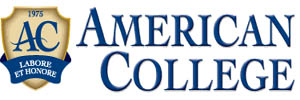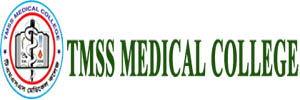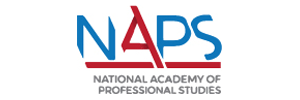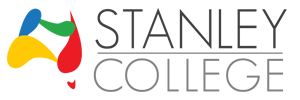Study In Canada
Home » Study In Canada
- Introduction
- Why Canada?
Multiculturalism
Canada is a culturally diverse country, with a rich blend of traditions and customs from around the world. The country is known for its policy of multiculturalism, which promotes the preservation of different cultural identities and encourages diversity in all aspects of life. This creates a welcoming and inclusive environment for students from all backgrounds.
High-Quality Education
Canada is home to some of the world's top universities and colleges, offering a range of academic programs in a variety of disciplines. The education system emphasizes practical skills and hands-on learning, ensuring that students receive a well-rounded education that prepares them for success in the workforce.
Safe and Stable Environment
Canada is a safe and stable country, with low crime rates and a high standard of living. This creates a supportive and comfortable environment for students, allowing them to focus on their studies and achieve their goals. The country is also known for its friendly and welcoming people, making it an enjoyable and fulfilling place to study.
Natural Beauty
Canada is known for its stunning natural beauty, from the rugged coastlines of the Atlantic provinces to the towering mountains of the Rocky Mountains. The country is also home to a range of wildlife, including moose, bears, and whales, making it an ideal place for students who enjoy outdoor activities and exploring the natural world.
Why Study in Canada
Student Visa for Canada : There are more than 150,000 international students who go to Canada every year to study. Canadian universities and colleges are respected worldwide for their high quality of education. Tuition fees for international students in Canada, and the cost of living, are among the lowest in the world. Eligible students can gain valuable Canadian work experience through off-campus employment.
This is because Canada is one of the best countries with one of the best economies in the whole world. In Canada, almost 25 percent of students have an immigrant background; this is a reflection of the country’s openness towards international students.
Every year more than two hundred thousand International students troop into Canada. This is because studying in Canada is an exciting and rewarding experience for many students from around the world. Canadian education reputation is based on quality and is recognized for excellence across the entire education sector and employers of labour all over the world. Over 90 percent of Canada’s University and College graduates are employed in their field of study within six months after graduation and 93 percent of employers are satisfied with the graduates.
Whether you want to just study in Canada for fun or you want to seriously chase a professional qualification in your academic field of study in the country, there are enough Universities and Colleges in Canada to support your findings.
There are graduate programs in Canada, Masters programs in Canada, Undergraduate programs in Canada, College programs in Canada, Business Schools in Canada, Law Schools in Canada, Medical Schools in Canada, Foundation Schools in Canada, Post-Secondary Schools in Canada, Colleges in Canada etc.
Student Visa Assessment Factors
- The course you wish to study;
- The educational institution you wish to study at;
- Your age;
- Your country of citizenship;
- Your financial capacity to cover tuition fees, living expenses for yourself and your family in Canada and return transportation for yourself and your family;
- Your character;
- Your health– a medical examination may be necessary;
- Your capacity to satisfy an immigration officer that you will leave Canada when you have completed your studies.
To qualify for this visa you must:
- Provide a letter of acceptance from a Canadian education institution;
- Prove you have sufficient funds for: tuition fees, living expenses for you and anyone on the visa application (dependent/ guardian), return transportation fees/ Have to provide proof in the form of bank statements, receipts or certificates that you have enough money to pay for your Tuition and Living expenses.
- Provide a police check certificate showing a clean criminal record;
- Be in good health – you may be required to pass medical examinations;
- In-person immigration assessment will determine if you intentions are genuine, and you plan to return to your home country after your course ends.
Work off campus
Study permit holders in Canada may gain work experience by working off campus while completing their studies.
As of June 1, 2014, you may qualify to work off campus without a work permit. If you qualify, your study permit will allow you to:
- work up to 20 hours per week during regular academic sessions and
- work full-time during scheduled breaks, such as the winter and summer holidays or spring break
To qualify, you must
- have a valid study permit,
- be a full-time student,
- be enrolled at a designated learning institution at the post-secondary level or, in Quebec, a vocational program at the secondary level, and
- be studying in an academic, vocational or professional training program that leads to a degree, diploma or certificate that is at least six months in duration


















